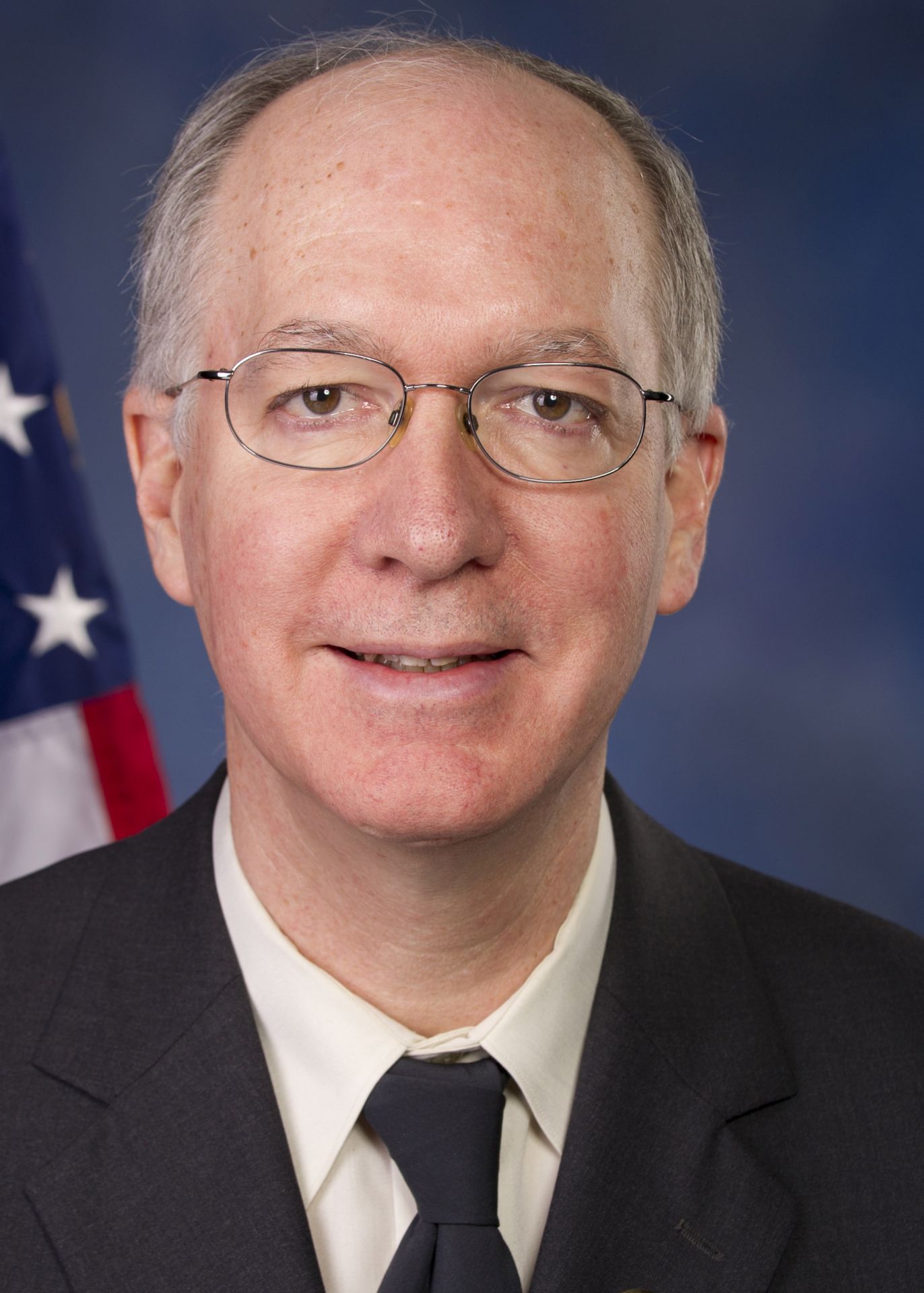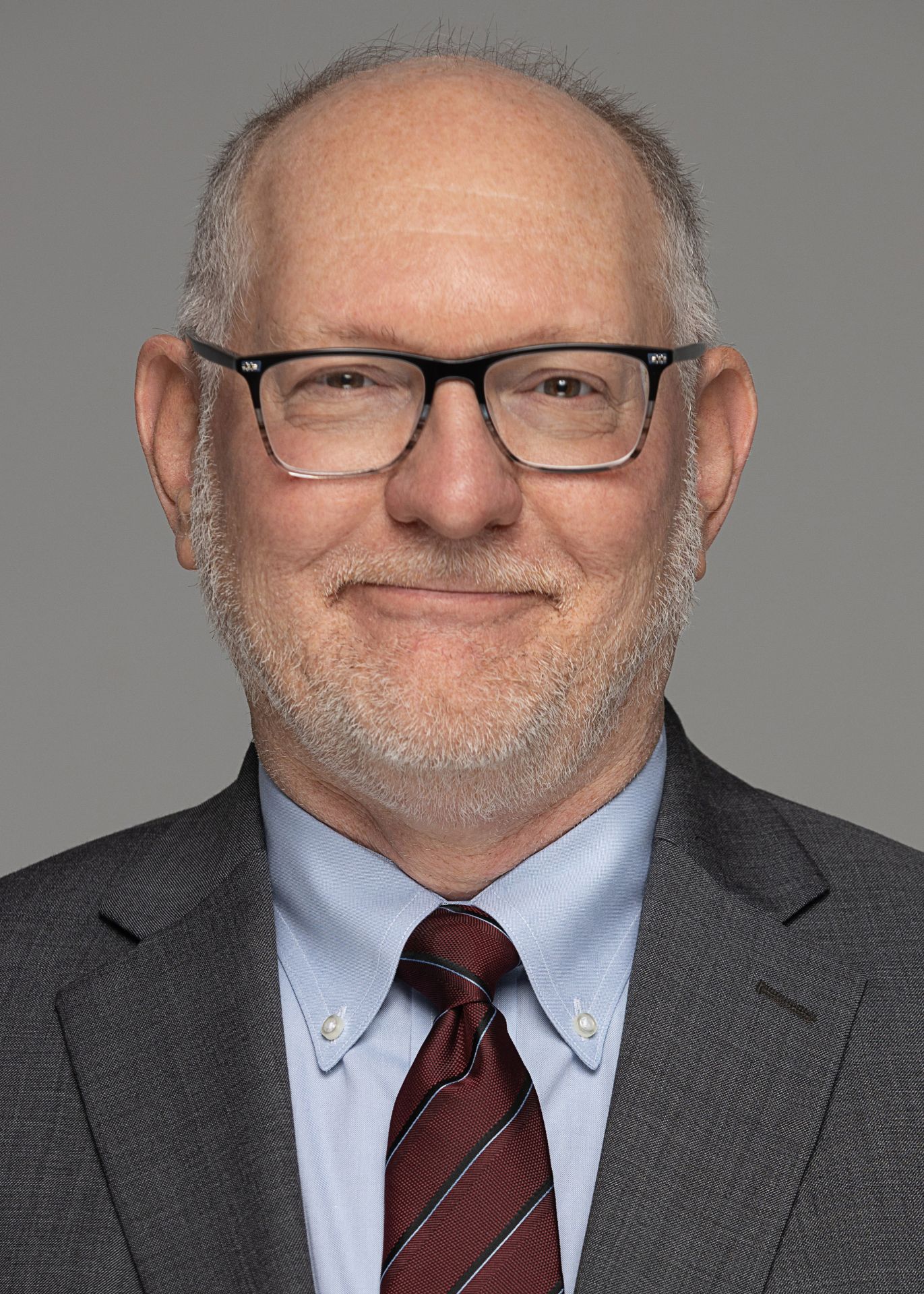The DOE’s guidance for Civil Nuclear Credit Program applicants opens a window for an owner—present or future—to submit a bid for credits that could keep Palisades, in southwest Michigan, operating past its planned May closure date. (Photo: Entergy)
The Department of Energy has announced the steps that would-be applicants must take to access funds from the $6 billion Civil Nuclear Credit (CNC) Program. Guidance published April 19 invites owners or operators of those plants most at risk of near-term closure to apply during the program’s first award cycle. With shutdown planned next month, Entergy’s Palisades plant would top that list (read on for more on Michigan’s efforts to keep the plant operating), but any reactor with publicly announced plans to close by September 30, 2026, that meets other program criteria could be certified for credits. Successful applicants won’t have to wait long for good news: the DOE plans to announce award decisions as soon as 30 days after the May 19 deadline for submitting certification applications together with sealed bids for credits.
Rory O’Sullivan, Moltex Energy’s chief executive officer, North America, speaks at the SNC-Lavalin/Moltex partnership announcement ceremony at CNA2022.
SNC-Lavalin and Moltex Energy are partnering to advance the development and deployment of small modular reactor technology in Canada, the companies announced last week at the Canadian Nuclear Association’s 2022 conference in Ottawa, Ontario. The partnership will support Moltex as it pursues the licensing and construction of its 300-MW Stable Salt Reactor–Wasteburner (SSR-W), a molten salt reactor that uses nuclear waste as fuel.
The Project Pele microreactor will be fueled by TRISO fuel particles like those shown here. (Photo: INL)
PPPL physicist Walter Guttenfelder with figures from the paper he coauthored with members of the NSTX-U team and 23 collaborative institutions worldwide. (Photo: Elle Starkman/PPPL Office of Communications. Collage: Kiran Sudarsanan)
According to the Department of Energy’s Princeton Plasma Physics Laboratory, recent simulations and analysis demonstrate that the design of its flagship fusion facility, the National Spherical Torus Experiment Upgrade (NSTX-U), which is currently under repair, could serve as a model for an economically attractive next-generation fusion pilot plant.
Rendition of a VOYGR plant layout. (Image: NuScale)
Universities are places where professionals, experts, and students come together to teach and learn, to conduct and disseminate research, and to dream and explore. Universities have a long history of technological innovation and development. It should therefore come as no surprise that institutes of higher education have been an integral part of the recent explosion of innovation within the advanced nuclear reactor community. Universities have not only powered workforce and technology development, but in a number of cases, they have served as the actual birthplaces of today’s advanced reactor designs.







 The Nuclear Innovation Alliance (NIA), a nonprofit advocating for advanced nuclear, has announced the publication of a new report,
The Nuclear Innovation Alliance (NIA), a nonprofit advocating for advanced nuclear, has announced the publication of a new report, 








